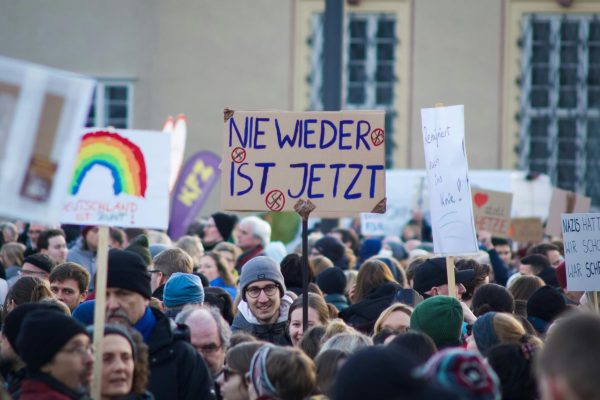South Korea Manages to Survive the Economic Threat of the Coronavirus Pandemic
Worldwide, countries’ economies are experiencing big changes after the COVID-19 pandemic, which initially occurred in China on December 31st, and spread across the globe.
Producing millions of infections and deaths, COVID-19 became a great threat to the people’s lives, and this drove many governments to ban social gatherings. Many financial activities — such as department stores, movie theatres, restaurants, and clubs — had to shut down to slow down the rapidly increasing rate of Coronavirus cases, and consequently brought nations to face hard economic depreciation.
However, there is a country that is facing a rather small impact on its economy due to the pandemic, while other countries are suffering from the tardy flows of currency — South Korea.
South Korea’s economy is expected to decline by just 0.8% this year, according to the Organization for Economic Cooperation and Development. This is a remarkably low rate compared to other countries; the GDP of the U.S. plunged in the rate of 31.4% just in the second quarter. How could South Korea manage to escape from this trend of economic slowdown?
An interesting fact that distinguishes South Korea from other countries is that financial activities were allowed during the pandemic. Other than wearing masks and checking temperatures, the routines of South Koreans have not changed much before and after February, when the country reported the first case. How could this be possible?
The country’s fiscal response played a big role in lowering the deterioration of South Korea’s economy. The country provided government spending to businesses and citizens with around $12.2 billion, which is about 0.7 percent of the country’s GDP and is continuing its support. This had a great impact on preventing the fall in consumption during the pandemic, reducing the effort for economic recovery. However, this form of support was also done by other countries as well; Germany, for instance, provided a stimulus package that was worth 4 percent of its GDP.
While South Korea allowed economic activities in the country, it set up rather strict policies, especially regarding people entering the country. Anyone who visits South Korea at this time is required to be tested for COVID-19 and be isolated for two weeks, regardless of whether they show symptoms or not. This rule is still in action, even when the number of cases is staying around two digits nowadays. Also, schools switch to online education if a single case happens in the community.
Along with the sensitivity of the country’s response to people’s safety, high civic consciousness and relatively low rate of traveling abroad are possible factors that reduced the number of cases in South Korea, and thus, enabled the economic activities in the country.
Nonetheless, considering the high dependency of the country on its export revenue, the pandemic is certainly a big damage to its financial stability. The huge shrinking in international trade and the provision of subsidies within the country is threatening the economies of many countries. It is important for each country to find the most suitable solution specifically to their own country, and consider the traits and lifestyles of people as well as the financial status when making economic decisions.






A. Grieble • Nov 4, 2020 at
A very informative feature article. Well done!